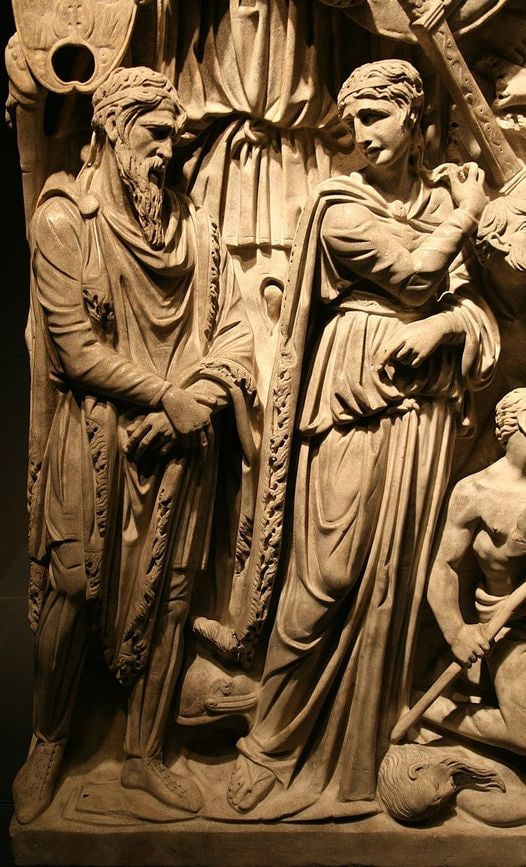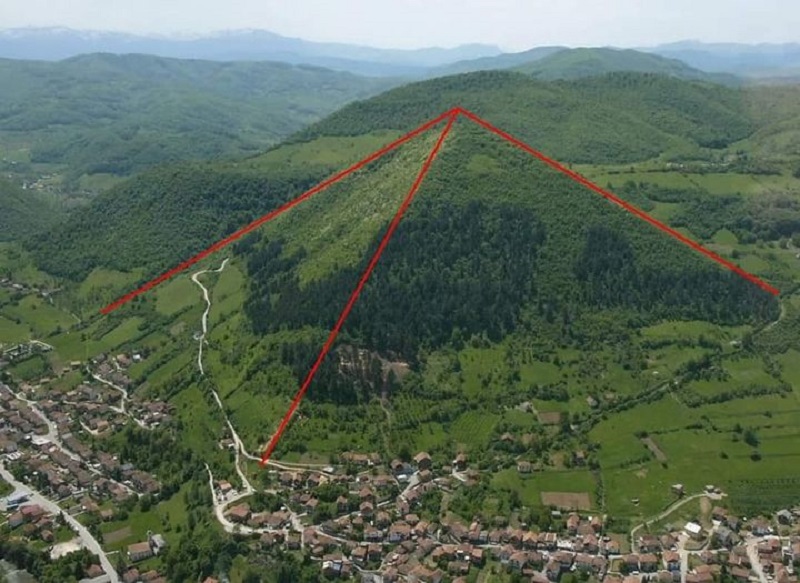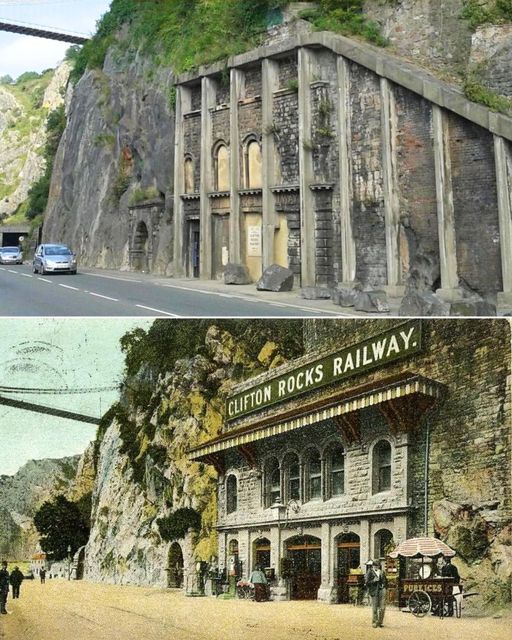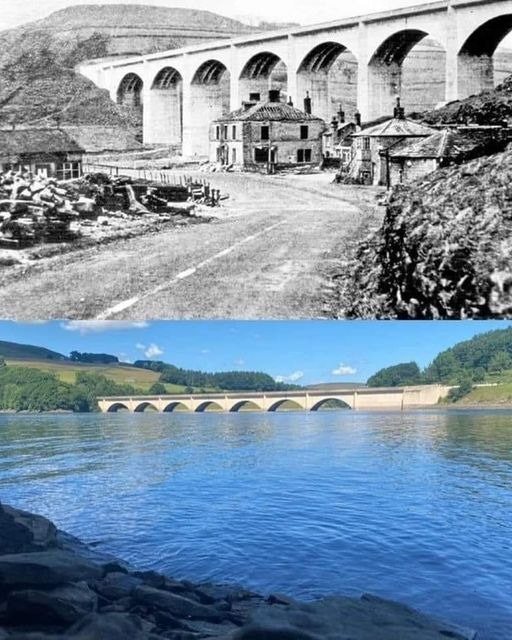In an astonishing turn of events, a grandfather in Plymouth, Devon, unearthed a relic of the past right under his living room—a 17-foot-deep well dating back 500 years. This remarkable find was accompanied by a Bronze Age sword from the 16th century BC and a coin from 1725 AD, painting a picture of the historical layers nestled beneath modern homes. This discovery not only brings a personal history lesson but also highlights the rich tapestry of England’s past, revealing the ways in which the lives of people from vastly different eras intersect through the artifacts they leave behind.

Uncovering Centuries in One Spot

The presence of the well, believed to have been built for a wealthy or noble family, indicates the home’s location was once a site of considerable significance. In medieval and late medieval times, only the affluent could afford to construct private wells, often positioned within the basements of their expansive homes. The finding of the Bronze Age sword suggests the area had been of importance even before the construction of the well, possibly serving as a site of habitation or ceremony. Meanwhile, the coin from the 18th century ties the location to yet another pivotal moment in British history.

The Significance of the Artifacts
Each artifact found in the well provides a unique lens through which to view history. The sword could have been a ceremonial item or a lost piece of a wealthy individual's collection, pointing to the long-standing human activity and the possible significance of this site through various ages. The coin, dating from the 18th century, serves as a marker of the economic and social exchanges that occurred much later, suggesting the continued occupation or utilization of the site across centuries. These items together underscore the layered complexity of historical sites and their narratives.
Reflections on Heritage and Preservation
This discovery in Plymouth not only enriches the grandfather’s connection to his home but also serves as a reminder of the dynamic and layered history beneath our feet. Such finds encourage local communities to appreciate and preserve their historical environments. They also prompt a reflection on how modern development interacts with the archaeological record. As cities expand and evolve, there is a continuous balance to be struck between development and the preservation of our historical heritage.
The Role of Archaeology in Modern Understanding
Archaeology bridges our present with the past, bringing to light the forgotten and the hidden. Each discovery, such as the well and its contents in Plymouth, adds a piece to the puzzle of human history, offering insights into the daily lives, social structures, and cultural practices of earlier civilizations. These findings enrich our understanding of how ancestors lived and interacted with their environment, and they highlight the importance of archaeological efforts in uncovering the layers of human history that inform our current societal foundations and cultural heritage. As we move forward, these glimpses into our past help shape our understanding of heritage and guide future generations in the stewardship of historical legacies.






